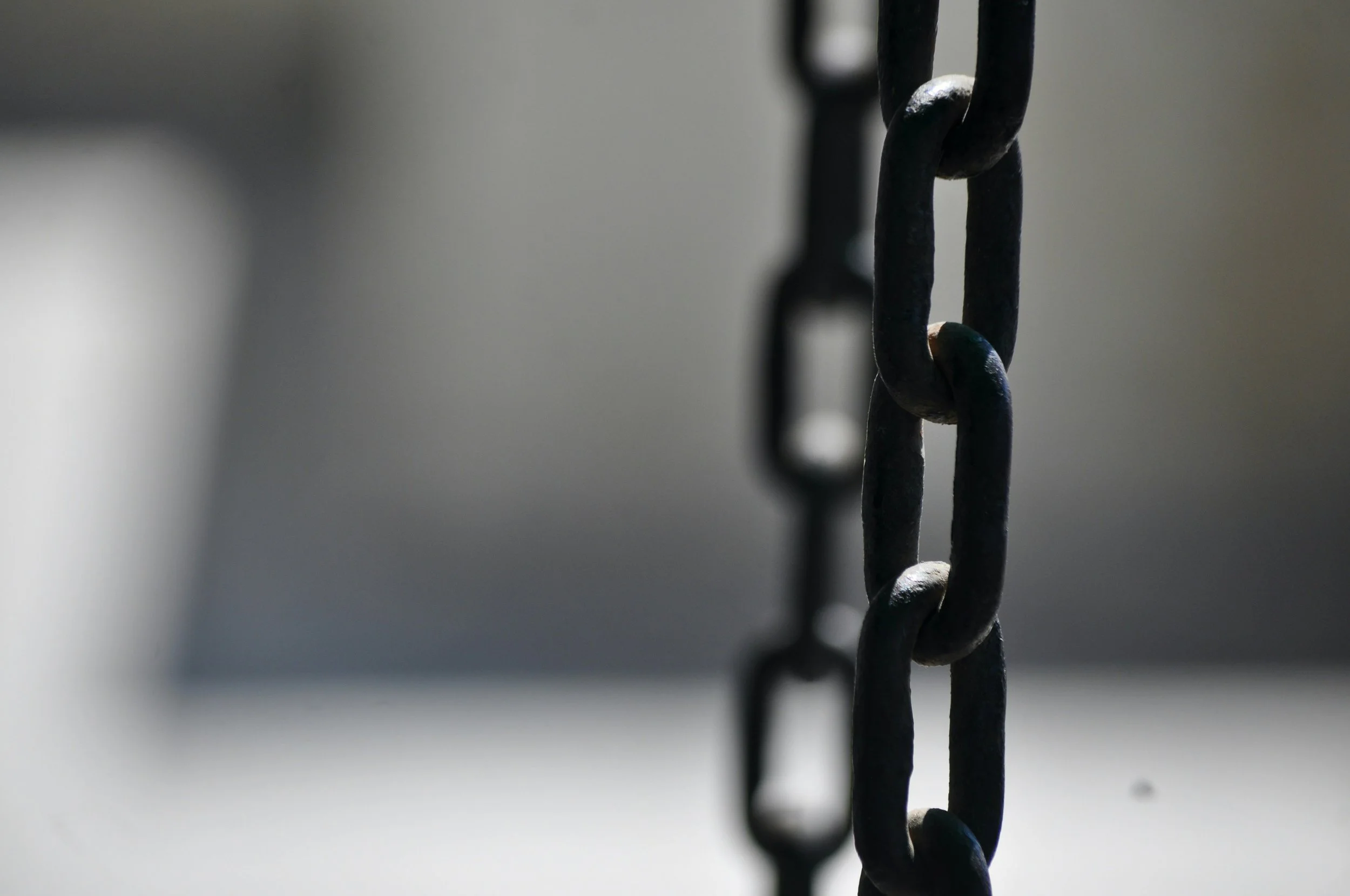Britain’s Aid Cuts Put Girls at Risk of Slavery
‘Education breeds confidence. Confidence breeds hope. Hope breeds peace.’ These words of Confucius, over two millennia ago, remain profoundly relevant today. Yet, the UK Government appears not to have heeded them, following its decision to prematurely end a girls’ education programme in the Democratic Republic of the Congo (DRC), stripping 170,000 children — predominantly girls — of a chance of a safer and better future.
But the consequences go beyond just education.
Lack of access to education is a well-documented risk factor for modern slavery. Closing the programme not only eliminates the chance of a prosperous future for these girls, it leaves tens of thousands of them vulnerable to trafficking, exploitation and abuse.
The programme likely to be facing early closure is Accès et Égalité pour l’Éducation des Filles (AXE-Filles). Since its inception, it has pledged to target the challenges girls face in entering and remaining in education in Kasai, a rural province in southwestern DRC. In a country in which 73.5% of people are estimated to have lived on less than $2.15 a day in 2024, this programme has been of utmost importance.
The statistics reveal a clear failure: only 16.8% of women complete secondary school, half the rate of completion for men. In rural Kasai, the stats are even worse, with only 3% of girls attending school.
Girls are often pushed out of school due to a combination of issues, not least financial decisions made by the families who will typically decide to send boys, over girls, to school, believing boys are more likely to succeed following a good education. The few girls who are fortunate enough to attend school face issues such as gender-based violence, which has affected 46% of Congolese girls. In addition, girls face a variety of accessibility issues, including access to sanitary facilities.
Instead of attending school, girls are made to work at home and encouraged to help raise money for the household. In other, and sadly very common cases, girls are often married off at a young age, from which families can earn a dowry and hope that their daughter can have a good life with her husband. Walk Free estimates that 29% of women aged 20-24 were first married or in a union before the age of 18 in the DRC. In rural areas, this number spikes to 40%.
A lack of education leaves these girls highly vulnerable to modern slavery, especially in a country where it is so prevalent, with research showing that 407,000 people in the DRC were under modern slavery conditions at any one time in 2021.
The US State Department’s Trafficking in Persons Report highlights the range of risks girls face, including a lack of access to formalised education.
Traffickers are known to exploit families who are “eager to lessen economic costs [in the house] and seek opportunities for their children”. Girls as young as 10 are recruited for employment in domestic work or restaurants, but later forced into sex trafficking. The risk of young girls being coerced into forced marriages, where they may also be subject to domestic servitude or sex trafficking, is also mentioned.
Education, however, offers a lifeline.
The Freedom Fund has gone as far as to call education “the single most effective protection for girls against a life of exploitation and abuse”. It is no wonder, since investment into a proper, safe and accessible education helps not only girls, but their families and entire community to build resilience to modern slavery.
Perpetrators of modern slavery prey upon the most vulnerable. Education, however, gives girls knowledge of their rights and equips them with the information and skills to protect themselves against exploitation and abuse. It also provides them with the confidence and capability to achieve qualifications, and later acquire a job, helping them to make the most of their future and avoid exploitation.
Subsequently, when families can see that a girl is getting a high-quality education with the potential to lead to future success, they will be less likely to marry their daughters off early or keep them at home to earn money. Instead, they will begin to see education as a worthwhile investment, one that can support not just the girl’s future, but that of the entire family. Education soon becomes a movement that has an in-built resilience to modern slavery.
An investment in education isn’t just for one girl, but for an entire community, and as the UK Government looks to take that investment away, the risk of communities backsliding is real and the cost way too high.
Given the UK’s history of pioneering the end of the slave trade in 1807 and being the first country in the world to have legislation dedicated to tackling modern slavery, failing to recognise that cuts to investment in girls’ education could fuel modern slavery simply stains the UK’s legacy, as well as jeopardising the safety and the future of girls across the DRC.

